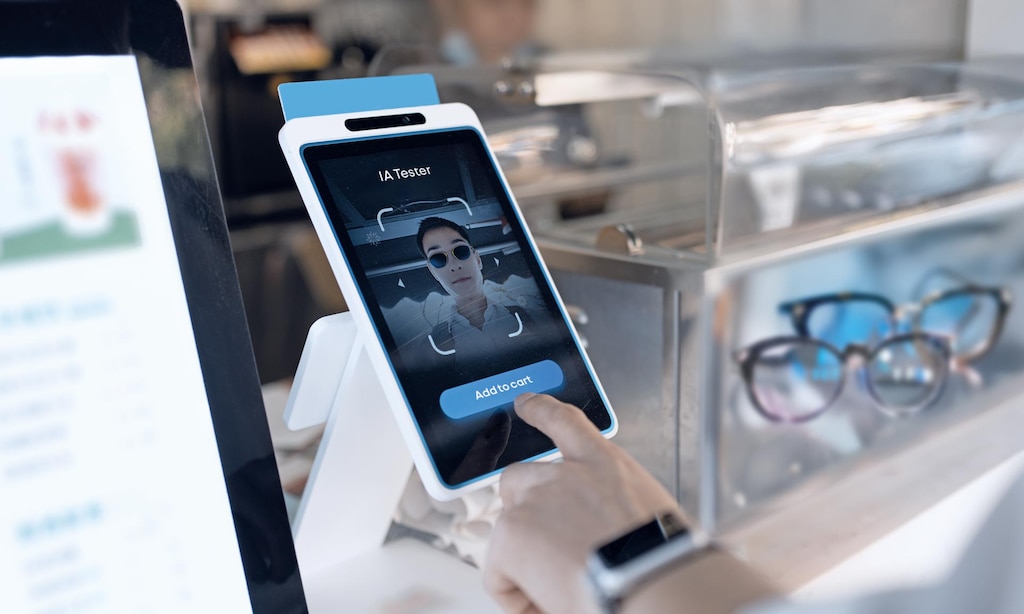October 13, 2025

“The next generation of retail won’t be built on outdated systems and scattered AI tools — it’ll be driven by smart, connected ecosystems that flex and evolve in real-time.”
That is the view of consulting firm KPMG, which advises retailers to look beyond day-to-day operations and devote time to developing a strategic perspective on AI. In its report Intelligent retail: A blueprint for creating value through AI-driven transformation, the firm shares several recommendations:
- Design an AI strategy. Leaders first need to decide whether they prefer to be pioneers or are “comfortable being part of the pack.” From there, they should “define a clear, organization-wide vision for AI that drives growth and scale.” Measurable outcomes may include customer engagement, conversion and satisfaction, overstock, stockouts, and workforce scheduling.
- Build trust from the start. A model grounded in strong AI principles, backed by policies and procedures, will ensure that the transformation program is built on trust.
- Create a technology infrastructure. Every AI initiative relies on data. Autonomous agents, for instance, require a single, unified view of both inventory and customers.
- Foster a culture that uses AI to unlock human potential. With AI, employees can focus on delivering services that create greater impact and enhance the customer experience. More satisfied customers mean fewer difficult interactions and lower stress levels in the workplace.

Transforming the customer experience
In its Intelligent Retail report, KPMG highlights several real-world applications of AI that are reshaping the industry. These initiatives aim to strengthen brand image, speed up product development, and add an element of surprise and fun to shopping experiences:
- AI art. Companies like Coca-Cola have used artificial intelligence to design packaging with eye-catching patterns for limited-edition bottles. These unique products attract collectors and foster a sense of exclusivity.
- AI fashion avatars. Online retailers such as H&M and Zozotown feature AI-powered avatars that let customers see how clothes would fit their body shape and size. Some avatars even have distinct personalities or themed styles, designed to create engaging and entertaining experiences.
- Smart shopping carts with personality. Canadian supermarket chain Sobeys has tested AI-enabled carts that go beyond scanning and tallying items. Some incorporate voice assistants that crack jokes, share fun facts about products, or encourage shoppers to make healthier choices.
- Virtual influencers. Brazilian retailer Magazine Luiza has enhanced its virtual influencer “Lu” with AI. This character recommends products and offers personalized suggestions based on each customer’s preferences.
- Digital fashion shows. Luxury brands like Balmain and Gucci have staged shows featuring computer-generated models. Some, like Lil Miquela, have even interacted with audiences on social media.
- AI storytelling for product discovery. LEGO’s Story Mixer tool enables children and adults to create original stories from photos or descriptions of their LEGO figures using AI.
- AI-powered perfumers. Liquid Sound translates musical sounds into fragrances with the help of AI, assigning each note to a scent. The algorithm generates the formula and concentration, which are then mixed, put in a personalized bottle, and shipped to the customer.
- Vending machines with attitude. Companies like Frito-Lay use AI in their vending machines to deliver comments, suggestions, or playful puns while users choose their snacks.
